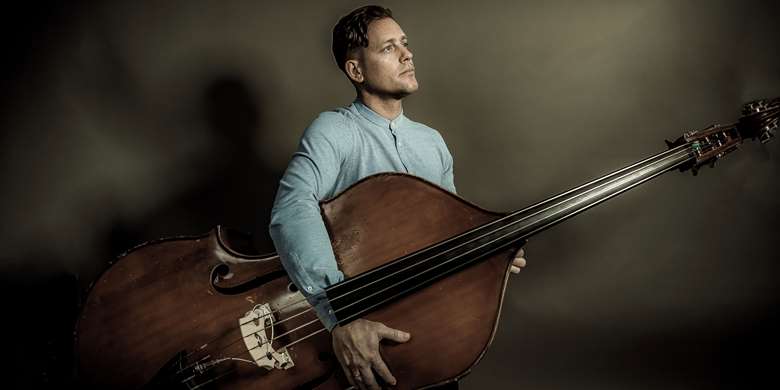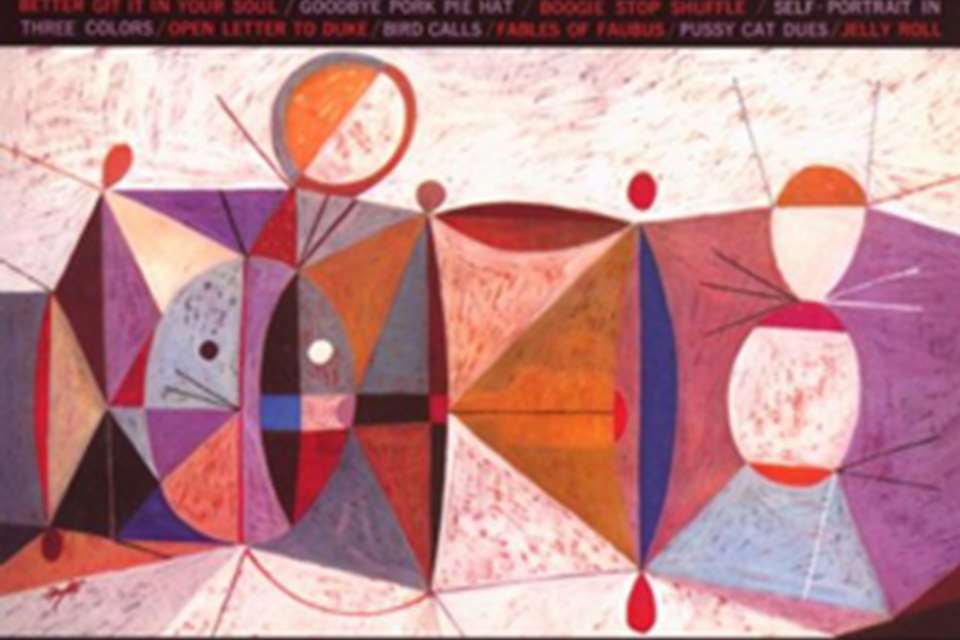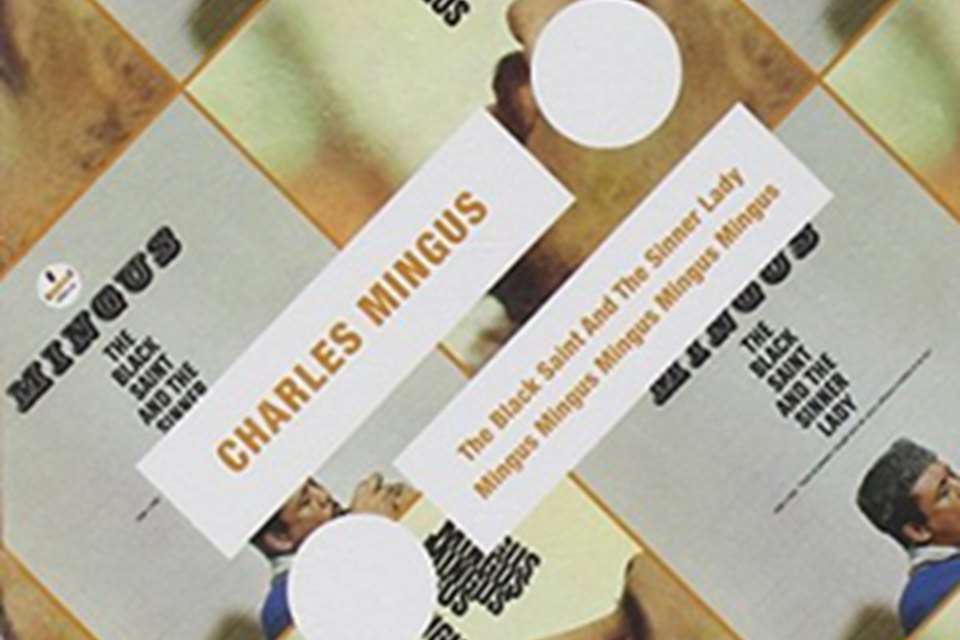Michael Janisch: “People have become so tribal, which is what humans do anyway. It’s quite scary at times, and that’s what Worlds Collide is about”
Kevin Le Gendre
Wednesday, October 30, 2019
Stepping back into the solo-artist spotlight, Michael Janisch speaks to Kevin Le Gendre about his album, Worlds Collide, as well as jazz’s innate ability to inspire society through models of best cultural practice


Register now to continue reading

Thank you for visiting Jazzwise.co.uk. Sign up for a free account today to enjoy the following benefits:
- Free access to 3 subscriber-only articles per month
- Unlimited access to our news, live reviews and artist pages
- Free email newsletter


